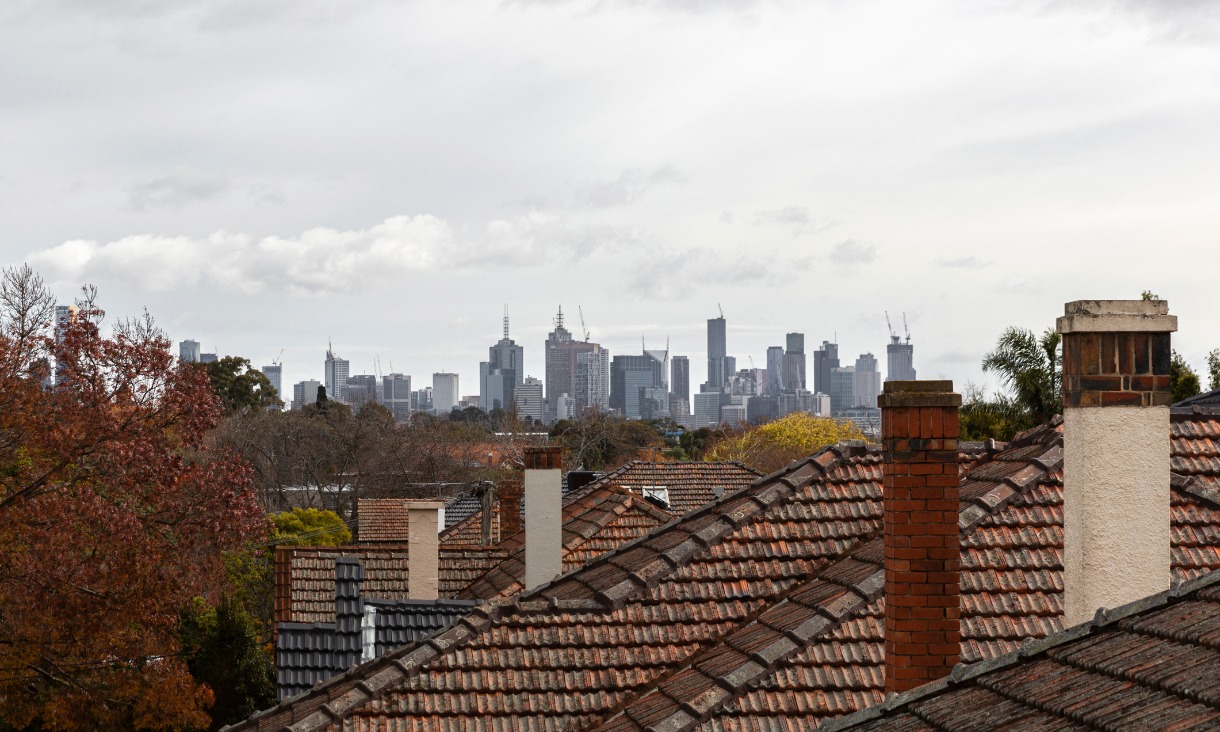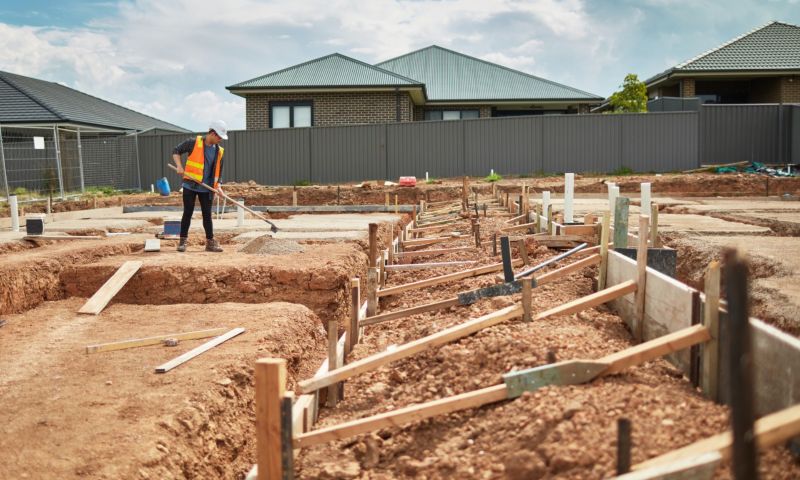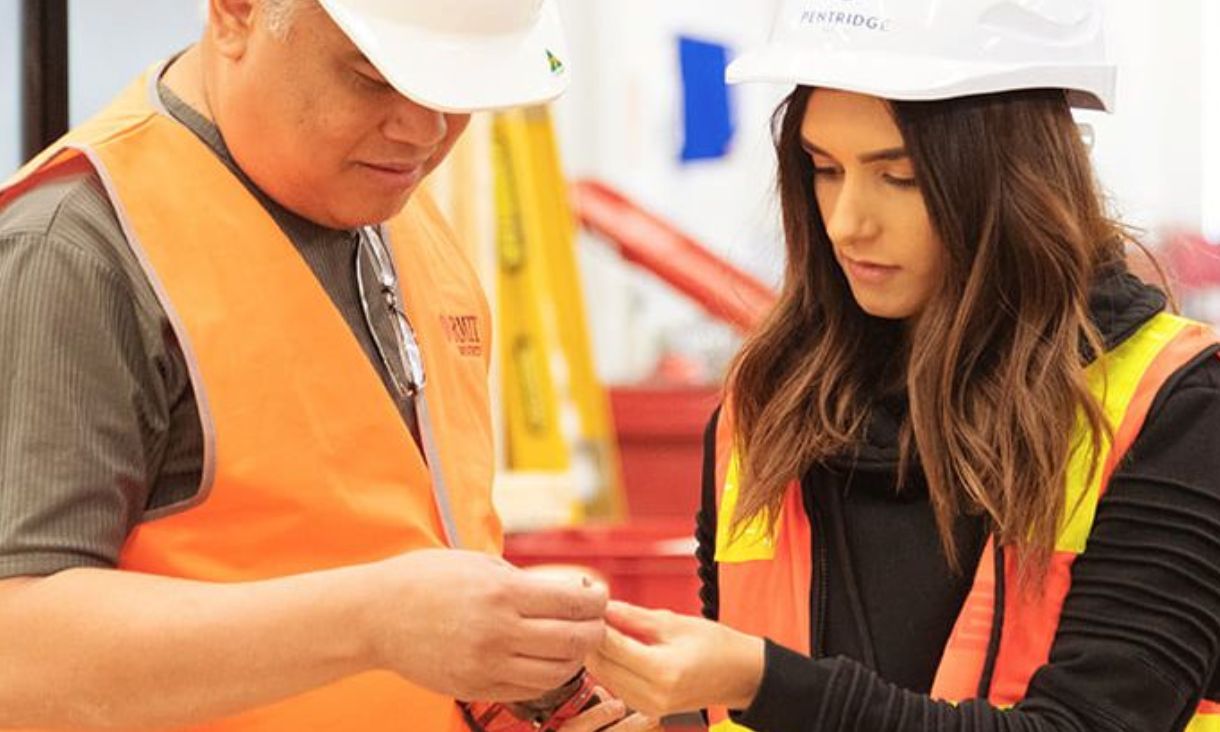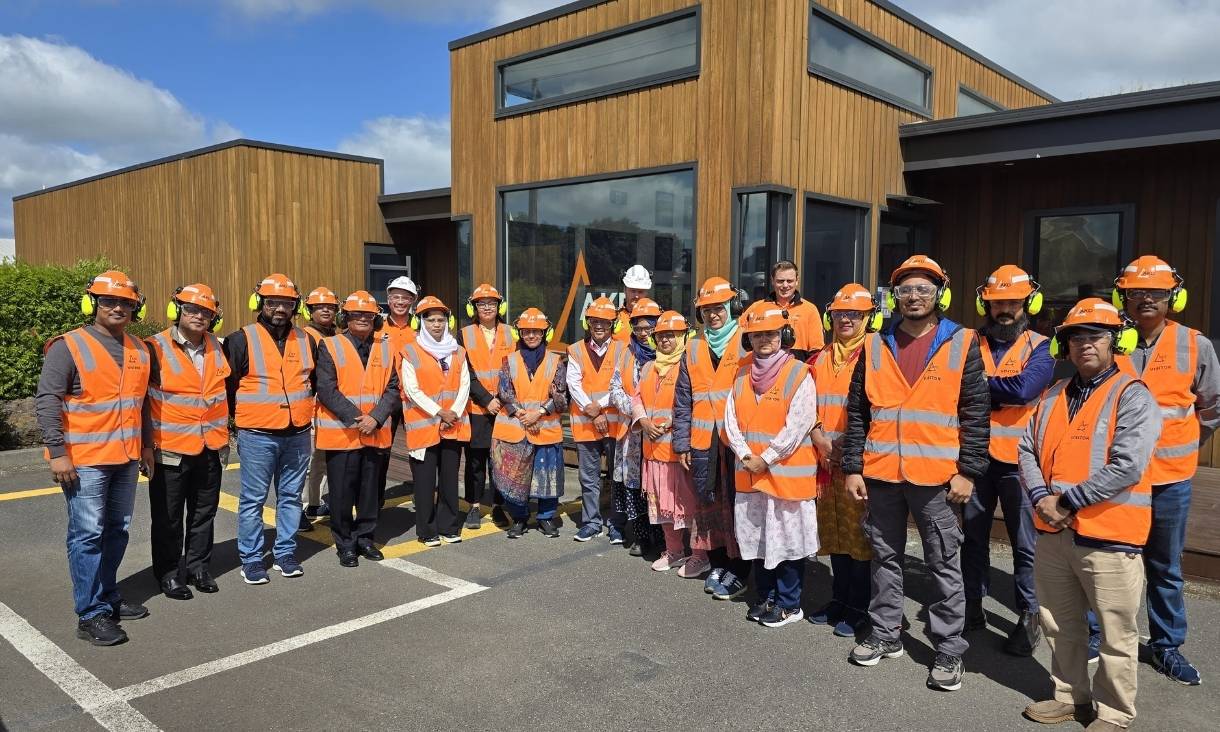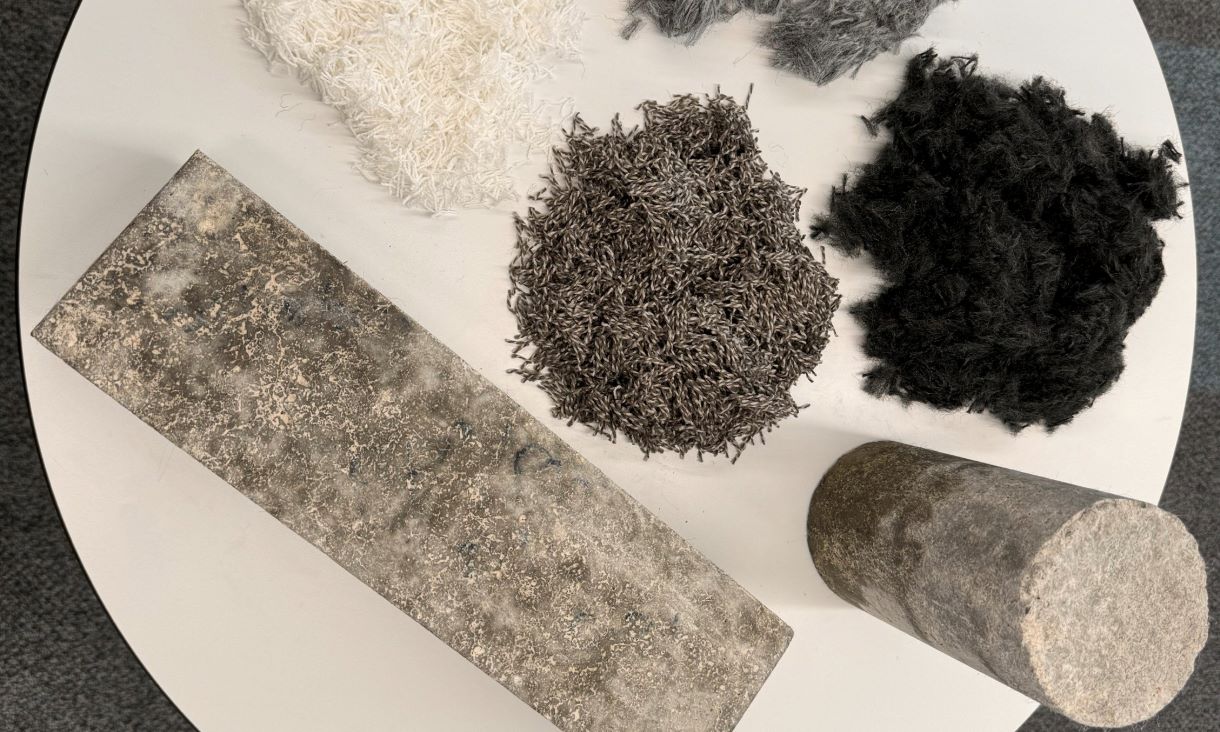Nicola Willand (0403 692 051 or nicola.willand@rmit.edu.au)
Topics: sustainable housing, retrofits, energy justice, health
Access to affordable household energy
“Staying at home due to the COVID-19 emergency has increased our use of electricity and gas and created challenges for those who are living in poor quality homes or may be on a limited income.
“The temporary stop to disconnections in some states acknowledges that access to electricity and gas is a basic human need and essential for health and wellbeing.
“This guarantee of energy and the stopping of penalty fees for late payment by many retailers will give affected households some temporary relief. However, people need a more sustainable solution to the affordability of energy.
“Affordability means that reducing energy demand in our homes needs to be a cornerstone of any COVID-19 recovery response, for example in the form of retrofit and solar PV programs.
“Concerted efforts should be made to reach those who are struggling the most to pay their energy bills. It also means that energy pricing mechanisms should reward consumers rather than punishing them for loyalty or pre-existing financial difficulties.
Dr Nicola Willand is a Lecturer in the School or Property, Construction and Project Management at RMIT University and a member of the Sustainable Building Innovation Lab. Her research aims to develop strategies that will minimise environmental impacts and life cycle costs while maximising health and social equity in the built environment.
Sustainable housing
Dr Trivess Moore (0408 318 182 trivess.moore@rmit.edu.au)
Topics: sustainable housing, reducing energy costs, renewable energy, government support
“If we are to move toward more sustainable cities and communities, substantial improvements in new housing and retrofit programs are needed.
“Delivering new housing which performs significantly better than minimum building code requirements is crucial, while focusing on a systematic retrofit program to lift the quality and performance of existing housing is also a key step.
“New housing delivered to a minimum of 7.5 Nationwide House Energy Rating Scheme (NatHERS) performance, is shown to reduce energy consumption for heating and cooling by at least 40%.
“With improved building performance and renewable energy technologies, many households in our study had reduced annual energy bills to less than $500 a year.
“A push towards sustainable cities must also include upscaling both the amount and scale of energy retrofit undertaken on existing housing.
“Retrofit can improve thermal performance and reduce energy consumption for heating, cooling and other usage in existing housing, making existing homes more comfortable and affordable to live in.”
Dr Trivess Moore is a Senior Lecturer in the Sustainable Building Innovation Lab in the School or Property, Construction and Project Management at RMIT University. His research explores sustainable housing from a material and technical perspective and the implications on and for households and policy making.

